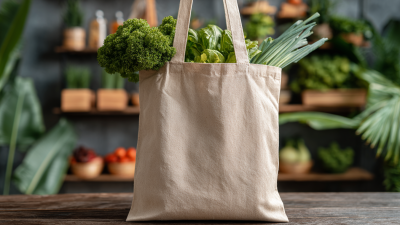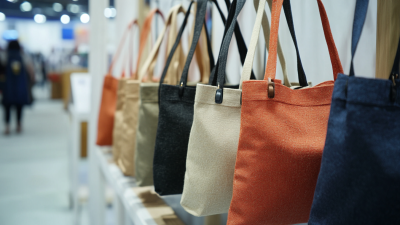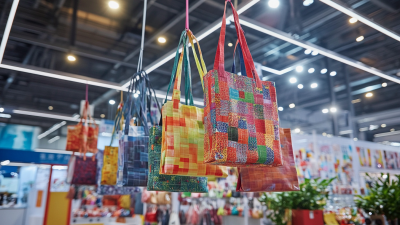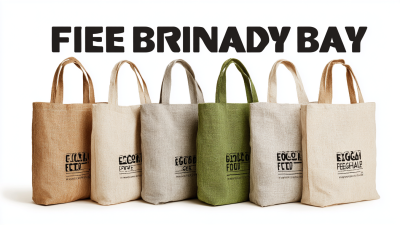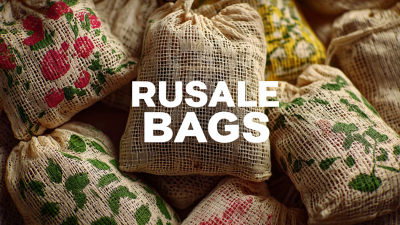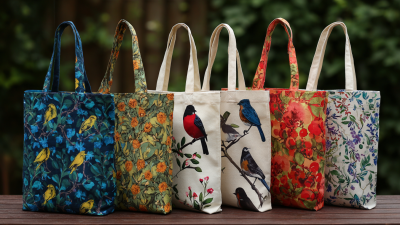In recent years, the shift towards sustainable living has gained momentum, with consumers increasingly aware of their environmental impact. According to a report by Grand View Research, the global market for eco-friendly bags is projected to reach $48.09 billion by 2025, reflecting a growing demand for sustainable products. Eco shopping bags have become a vital component of this trend, offering an alternative to single-use plastic bags that contribute significantly to pollution and landfill waste. The use of eco shopping bags not only reduces plastic consumption but also promotes a circular economy, encouraging recycling and reuse among consumers. As more people embark on their eco-conscious journeys, understanding how to choose the perfect eco shopping bags becomes essential for making informed decisions that align with sustainable living practices.
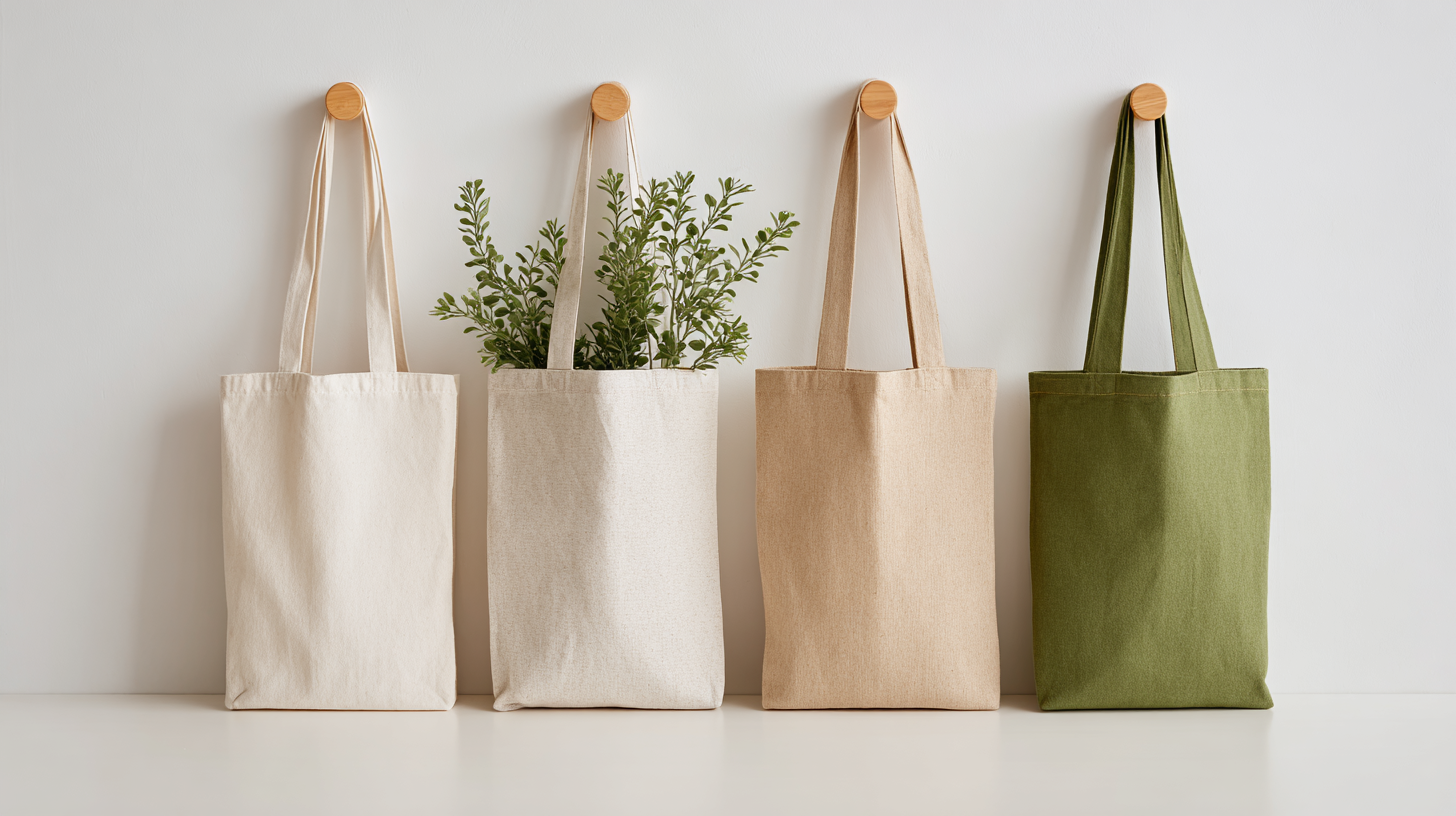
Choosing the right eco shopping bag has become essential for those committed to sustainable living. With various options available today, understanding the unique benefits and impacts of each type can help consumers make informed choices. The popularity of reusable bags among Dutch consumers is a testament to this shift, with 86 percent regularly preferring them for grocery shopping.
When evaluating eco shopping bags, consider the material. Plastic bags have gained a reputation for having a lower environmental impact when used multiple times compared to paper and some reusable options. However, paper bags can still pose challenges in terms of production and recycling capabilities. Cotton bags are another option, but they often require several uses to outweigh their environmental footprint.
**Tips for choosing the perfect eco shopping bag:** Look for bags that are durable and easy to clean to maintain hygiene and prolong lifespan. Consider participating in take-back programs, which ensure that your reusable bags are properly recycled or repurposed. Lastly, remember to use your bags consistently and avoid single-use plastics, which can negate your efforts toward sustainable living.
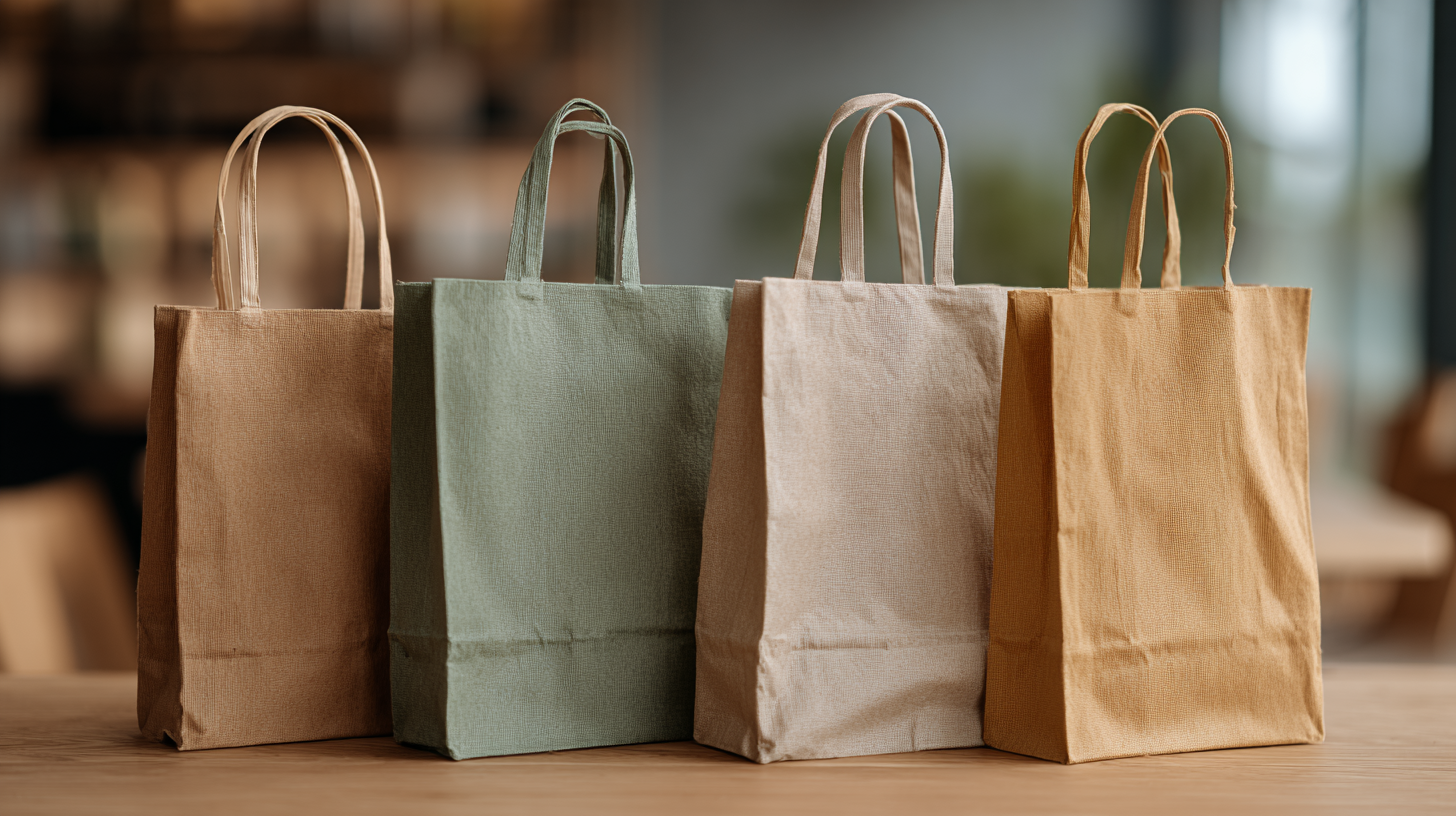
When selecting eco-friendly materials for shopping bags, it’s essential to consider sustainability throughout the entire lifecycle of the product. Material choices should emphasize low-impact fibers that promote reduced environmental footprints. Innovations in textiles, such as organic cotton, hemp, or recycled polyester, can significantly diminish the ecological consequences typically associated with fabric production. These materials not only contribute to less waste but also to a smaller carbon footprint during their manufacturing processes.
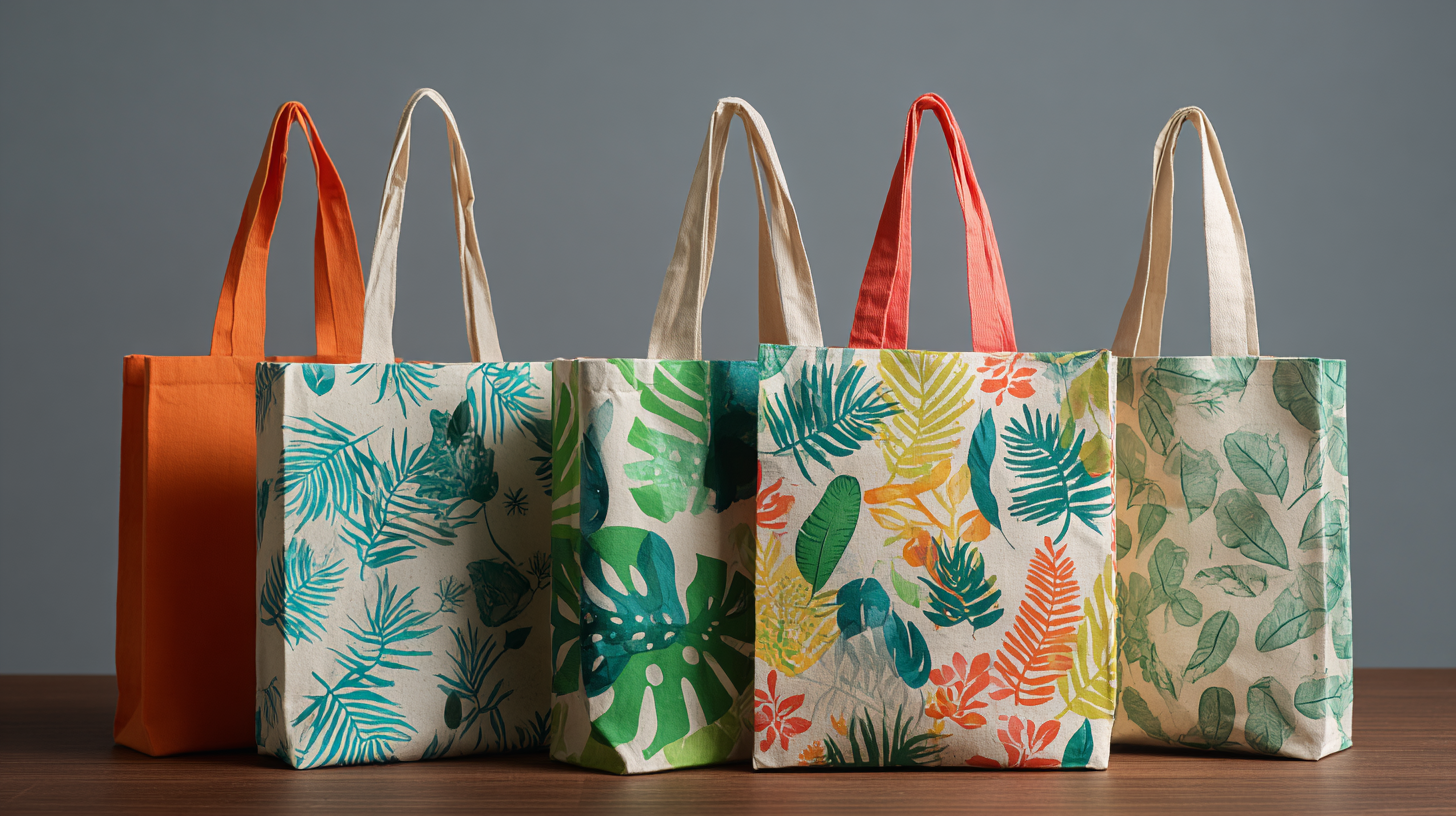
Additionally, understanding consumer preferences plays a crucial role in the selection process. As evidenced by emerging trends post-pandemic, shoppers are becoming increasingly conscious of the sustainability credentials of their purchases. Therefore, brands that prioritize sustainable practices, such as responsible sourcing and lifecycle assessments, are more likely to resonate with eco-aware consumers. By addressing both material impact and consumer values, the choice of eco shopping bags can align with broader efforts towards sustainable living.
When it comes to choosing the perfect eco shopping bags, evaluating size and capacity is crucial for fulfilling your shopping needs efficiently. According to a report by the Sustainable Packaging Coalition, nearly 60% of consumers prefer bags that can accommodate their grocery purchases without needing multiple trips. This statistic highlights the importance of selecting bags that not only align with eco-friendly values but also meet practical requirements.
Different shopping scenarios require different capacities. For instance, a standard reusable tote bag typically holds around 15-20 pounds of goods, making it suitable for light grocery runs. However, for larger shopping trips, opting for bags with a capacity of 30 pounds or more can significantly enhance convenience. A survey by the National Retail Federation found that 75% of consumers reported using larger, sturdy bags for bulk shopping, demonstrating a clear preference for functionality alongside sustainability. Therefore, understanding your typical shopping habits and selecting bags with adequate capacity can help reduce plastic waste while making your shopping experience more efficient.
| Bag Type | Material | Size (Length x Width x Height) | Capacity (Liters) | Sustainability Rating |
|---|---|---|---|---|
| Cotton Tote | Organic Cotton | 40 x 15 x 35 cm | 10 | High |
| Jute Bag | Jute | 50 x 30 x 40 cm | 15 | Medium |
| Recycled PET Bag | Recycled Plastic | 45 x 25 x 35 cm | 12 | High |
| Foldable Bag | Nylon | 30 x 15 x 25 cm | 8 | Medium |
| Mesh Bag | Cotton | 35 x 15 x 30 cm | 9 | High |
When choosing eco shopping bags, assessing their durability and lifespan is crucial for sustainable living. According to a study by the Environmental Protection Agency, single-use plastic bags have an average lifespan of just 12 minutes before being discarded. In contrast, high-quality reusable bags, made from materials such as cotton or recycled PET plastic, can last for years with proper care. This significant difference not only highlights the environmental impact but also underscores the long-term benefits of investing in resilient bags that can withstand daily use.
Additionally, research from the University of California indicates that a conventional cotton bag must be used over 131 times to have a lower environmental impact than using single-use bags. This statistic emphasizes the importance of selecting bags that not only offer durability but also align with your shopping habits. Reinforced stitching, materials that resist tearing, and water resistance are key features to look for, as they enhance the bag's lifespan and effectiveness for various shopping needs. By prioritizing durability in eco shopping bags, consumers can significantly contribute to reducing waste and promoting sustainability.
When it comes to sustainable living, eco shopping bags serve as a stylish solution that not only reduces plastic waste but also reflects your personal taste. Today’s market offers a variety of options that can complement your lifestyle while promoting environmental consciousness. From trendy tote bags made of organic cotton to chic foldable bags crafted from recycled materials, the choices are endless. Selecting a bag that aligns with your aesthetic can encourage you to use it more frequently, reinforcing your commitment to sustainability.
Tips for choosing the perfect eco shopping bag include considering the materials used in its production. Look for bags made from sustainable resources like hemp or jute, as they are biodegradable and durable. Additionally, think about the size and design that best fits your shopping habits; a larger bag can be ideal for grocery shopping, while smaller bags might work for quick trips. Lastly, opt for bags that are easy to clean and maintain, ensuring that they remain stylish and functional over time. By making informed choices, you'll not only enhance your wardrobe but also contribute to a greener planet.
